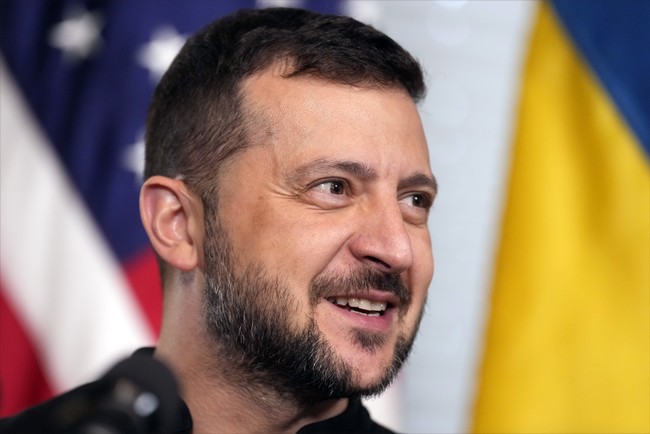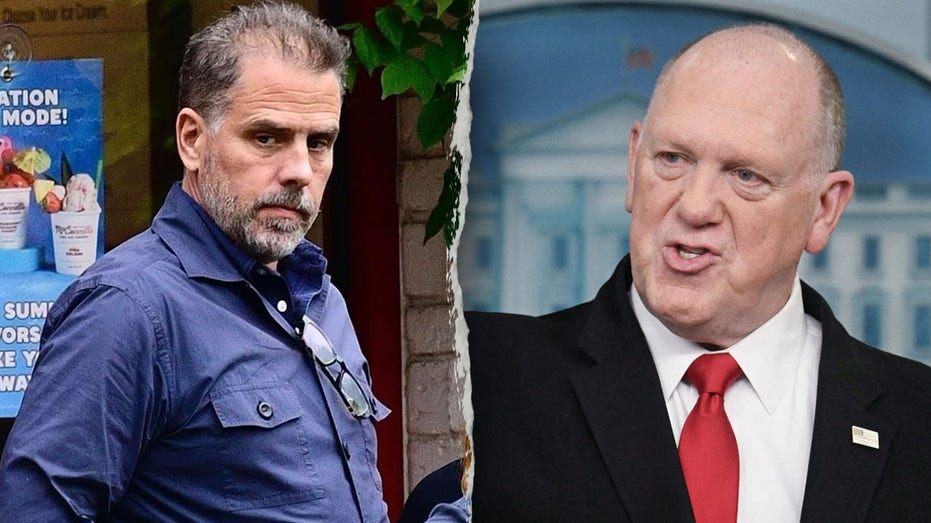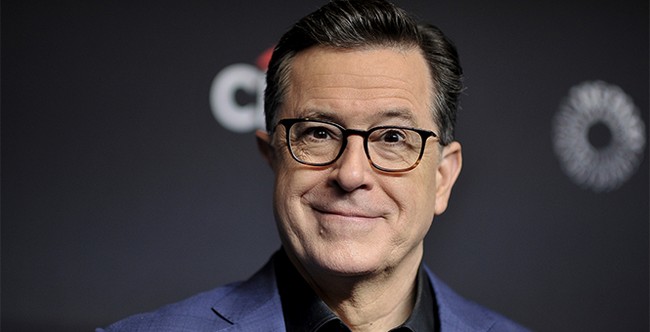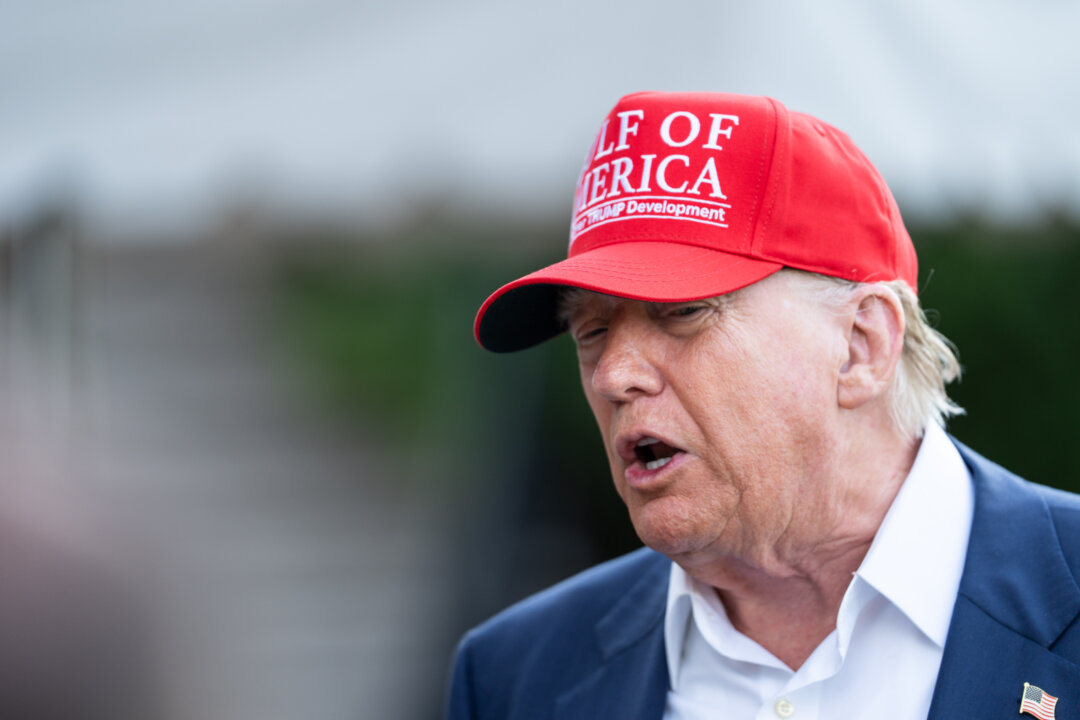President Donald Trump promised Americans they would get tired of winning — for now, it appears they are getting tired of reading about him.
Trump’s first term saw books authored by prominent journalists sell hundreds of thousands of copies each as the public rushed to learn the inside details of Trump’s norm-shattering presidency.
But similar books aren’t exactly flying off the shelves in his second term, and the bar to getting onto the coveted New York Times bestseller list has been lowered as the overall nonfiction book market has dipped. In these tenuous times for the nonfiction political book market, industry insiders say there are fewer big advances being paid and narrower routes to success that rely on brand-name authors or a partisan perspective.
“Everyone is desperately looking for the next Michael Wolff or James Comey for next year, but it’s not clear there could ever be one again,” said one concerned publisher, referencing two of the authors with biggest book successes of Trump’s first term.
“There’s definitely a slump, and it’s across all of nonfiction,” added a book agent. “Part of it is that we were just actually tired of this, and we’re exhausted, and we don’t want to spend 30 bucks and six or eight hours of our time feeling worse.” (Publishing insiders and authors were granted anonymity for this story because they didn’t have authorization to speak from their employers or wanted to speak candidly about the state of the industry.)
The latest example is “2024: How Trump Retook the White House and the Democrats Lost America,” by political journalists Josh Dawsey, Tyler Pager and Isaac Arnsdorf. “2024” sold roughly 6,000 hardcover copies in the first week of publication, according to data released last Wednesday from NPD BookScan. Yet even with that sales figure, it hit the New York Times bestseller list at No. 4. (The Times bestseller list does not disclose its data sources.)
It has become somewhat easier to get on to the Times bestseller list because it measures comparable sales across the board. One point of comparison: In a similar week in July 2017, the No. 4 book on the Times nonfiction list was former Sen. Al Franken’s book, which had been out for weeks and still sold almost 11,000 copies that week.
Dawsey and Pager referred a request for comment to a publicist for their publisher, who said she was "very happy" with sales, while Arnsdorf didn’t respond to a request for comment. Their agent Elyse Cheney said the numbers, including all formats, “far exceed” the BookScan figure but declined to give exact numbers. A person with direct knowledge of the sales said they were more than double 6,000 including all formats, and that e-book and audio sales were almost as high as print sales. (BookScan data is not a full account of a book’s success as it captures around 70 percent of hardcover sales and does not track e-book and audio uploads.)
“They are three great reporters, but they have a difficult time finding an audience, because at the end of the day, they play it pretty straight,” said another book agent. “A fundamental question in our divided politics, and it’s just as true for publishing — who are you marketing to? Are you selling a book to the MSNBC crowd or the Fox News crowd? There’s very little in between.”
To wit: “Butler: The Untold Story of the Near Assassination of Donald Trump and the Fight for America’s Heartland,” by conservative journalist Salena Zito, came out the same week as “2024” and sold about 23,000 hardcover copies, according to BookScan numbers, hitting No. 1 on the Times bestseller list. Zito said in a statement that she was “deeply humbled by this ranking” and “grateful to President Trump, who interviewed with me dozens of times for the book and generously encouraged people to read” it. Trump posted about the book on social media, including sharing a preorder link before its publication.
“That’s a book that’s being published to the MAGAs. So those books are always different in their numbers,” said a book agent.
This follows other second-term Trump books experiencing lackluster sales. “Trump in Exile,” by the Wall Street Journal’s Meridith McGraw, has sold roughly 2,000 copies since its release last August, according to BookScan. Axios’ Alex Isenstadt’s “Revenge: The Inside Story of Trump’s Return to Power,” published in March, has sold around 3,000 copies so far, according to BookScan. McGraw and Isenstadt declined to comment.
Author Michael Wolff became one of the masters of the Trump genre with 2018’s “Fire and Fury,” which sold more than 25,000 copies during its first week on sale in 2018 and went on to sell more than 900,000. But the writer sold only around 3,000 print copies during the equivalent first week publicity campaign for his latest installment “All or Nothing: How Trump Recaptured America,” published in March. (It has now sold around 11,000 copies, according to BookScan.)
As these books have posted middling sales figures, publishers are finding it hard to justify signing big advances for new Trump books. That’s made it more difficult for political journalists to get lucrative book deals.
“Editors are not spending anywhere near the amount of money that they did this time eight years ago,” said one of the book agents. “The days of just writing a book to write a book and checking the box for someone’s career — those days are over.”
“We are taking on fewer projects in the space because the ones that we do take on, they basically have to rise to a mid six- or seven-figure deal,” said the agent. The person said that they talk with publishers who speak of “a lot of fatigue in the market” and that there has to be “a clear path on either breaking news or a ‘wow factor’ for a book to get that kind of money today.”
The skepticism in the marketplace for political nonfiction, particularly Trump books, has led publishers and agents to try to get authors who are big brand names with built-in fan bases like Ezra Klein or Jake Tapper. Both have seen significant success this year with their books “Abundance” (co-written with Derek Thompson) and “Original Sin,” respectively. “Abundance” has sold roughly 146,000 copies since its publication in March, according to BookScan.
Tapper, one of the most prominent CNN anchors, was attached to Axios’ Alex Thompson’s Biden book project after his book deal had been cancelled. “Original Sin,” which focused more on the 46th president than the 47th, became a No. 1 Times bestseller for two weeks and was on the bestseller list for almost two months. It has sold about 97,000 copies since its publication in May, according to BookScan.
“You gotta have podcasts or TV, unfortunately, these days,” said one of the book agents.
Authors are well aware of readers’ news exhaustion after a decade of Trump dominating the political conversation. “Trump as an angry president yelling at clouds is not news anymore,” said one author of a recent political book. “News is what sells books.”
Trump’s first term saw multiple major sellers besides “Fire and Fury.” Bob Woodward’s “Fear” sold 1.1 million copies in all formats in its first week, and Simon and Schuster called it the bestselling book in company history. “The Room Where It Happened,” the explosive 2020 memoir by former national security adviser John Bolton, and “A Higher Loyalty,” by former FBI Director James Comey, each logged more than 600,000 sales within their first few years of publication.
“[Trump] is so familiar to everyone by now, and people are less shocked by new revelations because it enforces their own ideas about who he is or they just don’t care,” said an author of a recent Trump book.
There have been some other bright spots for the industry this year. NBC News’ Jonathan Allen and The Hill’s Amie Parnes registered success with their 2024 election book “Fight: Inside the Wildest Battle for the White House,” which entered the Times list at No. 1 and has been optioned to become a feature film. The authors said in a statement they “are proud of our unmatched behind-the-scenes reporting on the last three presidential elections and deeply humbled by the response” to their latest work.
Dawsey, Pager, Arnsdorf, McGraw, Isenstadt, Allen, Parnes and Alex Thompson all previously worked for POLITICO.
Still, the broader shift in the market’s appetite for Trump books is clear. During the Biden presidency, books by former Trump aides similarly failed to generate much interest. (Biden books didn’t tend to sell well, either.)
The author of the recent Trump book said they didn’t even ask their publisher how many copies it sold.
“I didn’t go into it being like, ‘I’m going to make a bunch of money off of it,’” said the author. “I had a good advance, and I went into it for the experience of it, and as a reporting exercise, and a chance to put a mark on a certain moment in time that I knew really well and covered really closely.”
.png)














 English (US)
English (US)